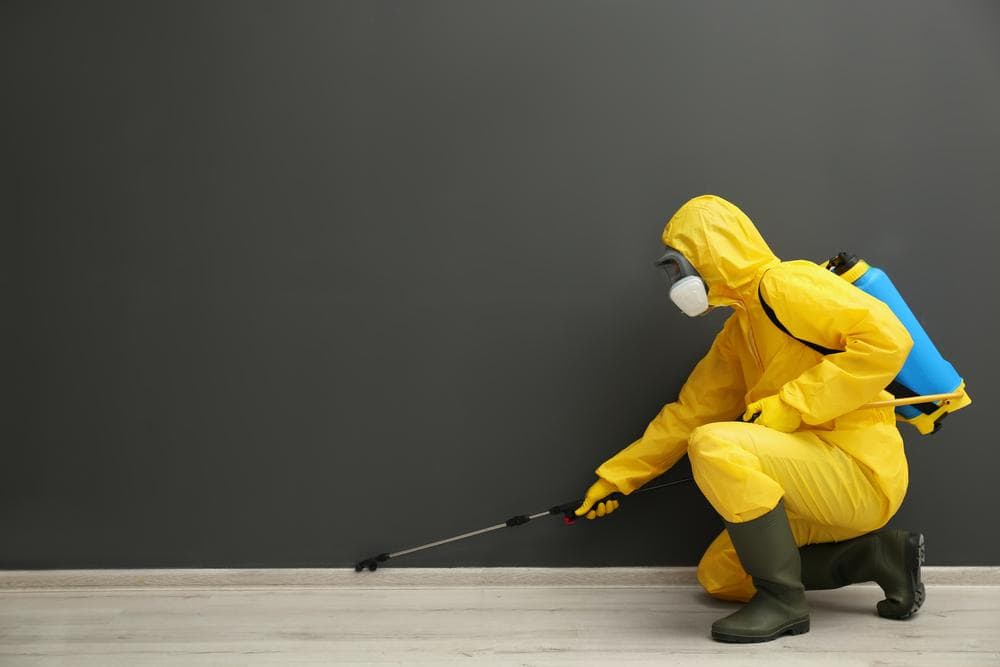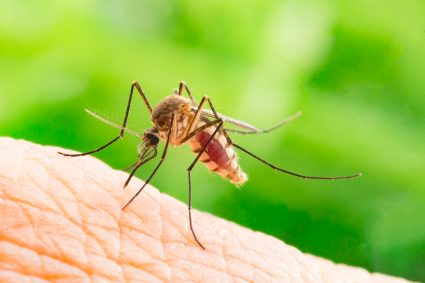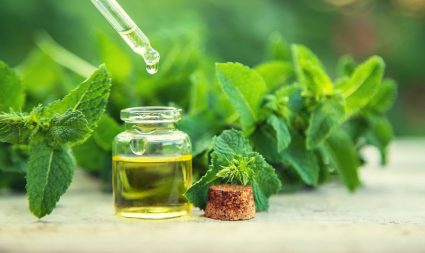
Slugs, while an essential part of the ecosystem, can often become a gardener’s worst enemy. They feast on a variety of plants and can cause significant damage to your garden if left unchecked. Understanding what slugs hate can be an effective way to control their population and protect your plants. In this article, we will delve deep into the things that slugs dislike, including plants, substances, and conditions, and discuss various strategies to deter them.
Slugs hate certain plants such as heavily fragranced herbs, flowers like lavender and geraniums, and vegetables from the Allium family. They also dislike substances like coffee grounds, eggshells, sand, gravel, and copper. Slugs struggle in hot, dry climates and are deterred by their natural predators such as birds, snakes, lizards, toads, frogs, and ground beetles. DIY methods and commercial products can also be used to repel slugs.
Plants Slugs Hate
Slugs are not fans of certain plants, particularly those that are difficult to chew, have a strong fragrance, or are uncomfortable to move across. Here are some examples:
- Herbs: Slugs tend to avoid plants with heavily fragranced foliage, such as rosemary, fennel, mint, and chives.
- Flowers: Lavender, geraniums, and foxgloves are less likely to be damaged by slugs.
- Vegetables: Members of the Allium family, including onions, garlic, and leeks, are generally safe from slugs.
- Foliage Plants: Ferns, bergenia, and saxifraga have tough leaves or woody stems that are difficult for slugs to chew.
Substances Slugs Hate
Slugs also dislike certain substances, which can be used as deterrents:
- Coffee Grounds: Sprinkle these around your plants to deter slugs. They dislike the smell and taste.
- Eggshells: Crushed eggshells create a sharp barrier that slugs dislike crawling over.
- Sand or Gravel: These can create a rough surface around plants, making it difficult for slugs to reach them.
- Copper: Slugs receive a mild electric shock when they come into contact with copper. Copper tape or wire can be used to create a barrier around your plants.
Weather Conditions Slugs Hate
Slugs prefer cool, damp conditions. They struggle in hot, dry climates and will seek shelter in cool, damp areas during extended dry spells. They are also more active at night and during the early morning hours when the temperatures are cooler.
Natural Predators of Slugs
Encouraging natural predators in your garden can be an effective way to control the slug population. Birds, snakes, lizards, toads, frogs, and ground beetles are all predators of slugs.
DIY Methods to Deter Slugs
There are several DIY methods and home remedies to deter slugs. These include beer traps, hand removal, homemade repellents, and attracting natural predators.
Commercial Products to Repel Slugs
Several commercial products, like Monterey Sluggo Wildlife and Pet Safe Slug Killer, Safer Brand SB125 Slug & Snail Killer, and Natria 706190A Snail and Slug Killer Bait Granules, are available in the market that can effectively repel slugs.
Understanding what slugs hate and using this knowledge to your advantage can help you protect your garden from these pesky creatures. Remember, the key to effective slug control is a combination of preventative measures, natural remedies, and if necessary, commercial products.
Frequently Asked Questions
What other DIY methods can be used to deter slugs?
Apart from the methods mentioned in the article, you could also try using diatomaceous earth, a natural powder made from tiny fossilized aquatic organisms, as a slug deterrent. Sprinkle it around your plants; slugs dislike crawling over this sharp, abrasive substance.
Are there any specific birds that are predators of slugs?
Yes, several bird species feed on slugs. These include thrushes, starlings, robins, crows, and jays. Attracting these birds to your garden can help control the slug population.
How can I attract natural predators to my garden?
Creating a wildlife-friendly garden can attract slug predators. This includes providing food and water sources, creating habitats for nesting and hibernation, and avoiding the use of harmful pesticides.
How often should I use commercial slug repellents?
The frequency of application depends on the specific product and the severity of your slug problem. Always follow the manufacturer’s instructions for best results.
Can slugs harm humans?
While slugs themselves are not harmful to humans, they can carry parasites and bacteria that can be harmful if ingested. It’s always a good idea to thoroughly wash any fruits or vegetables that may have come into contact with slugs.








